Can You Sell a House During Probate? Everything You Need to Know
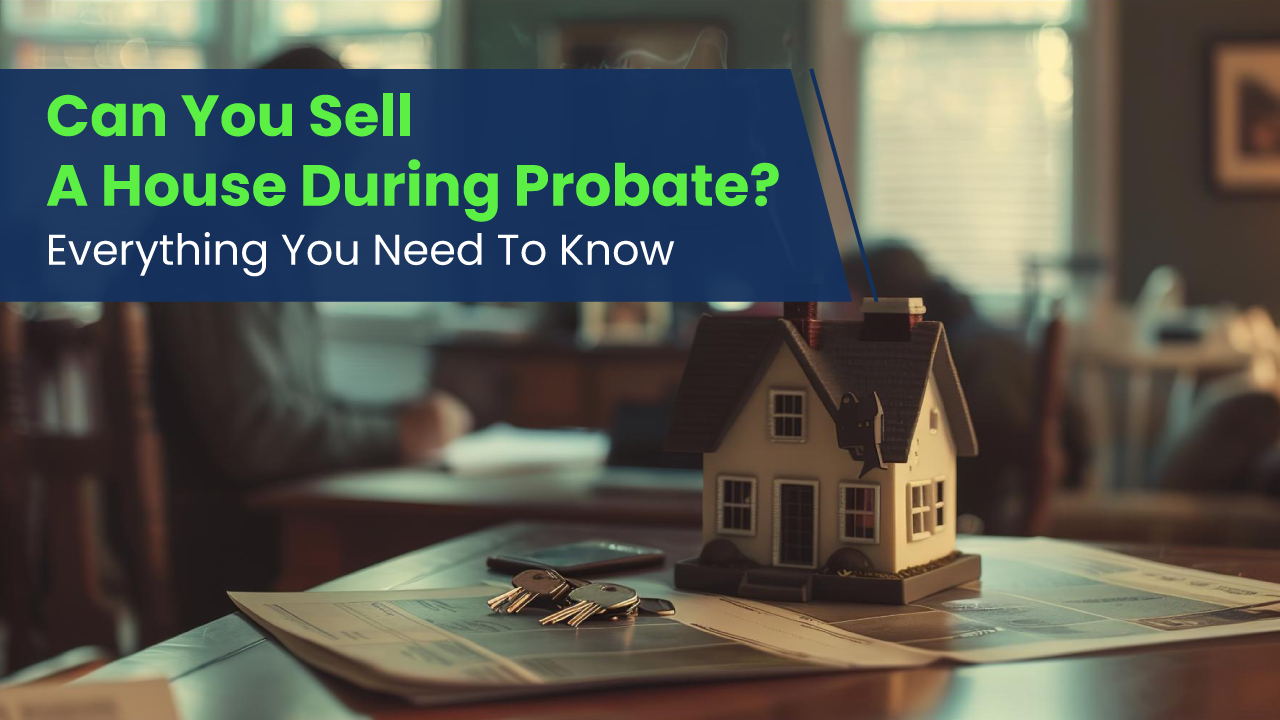
So in this blog article, we’ll point out all the basic key elements of selling a house during probate, including how the process works, the main permissions required, and important tips to have smooth sales.
Understanding What Is Probate?
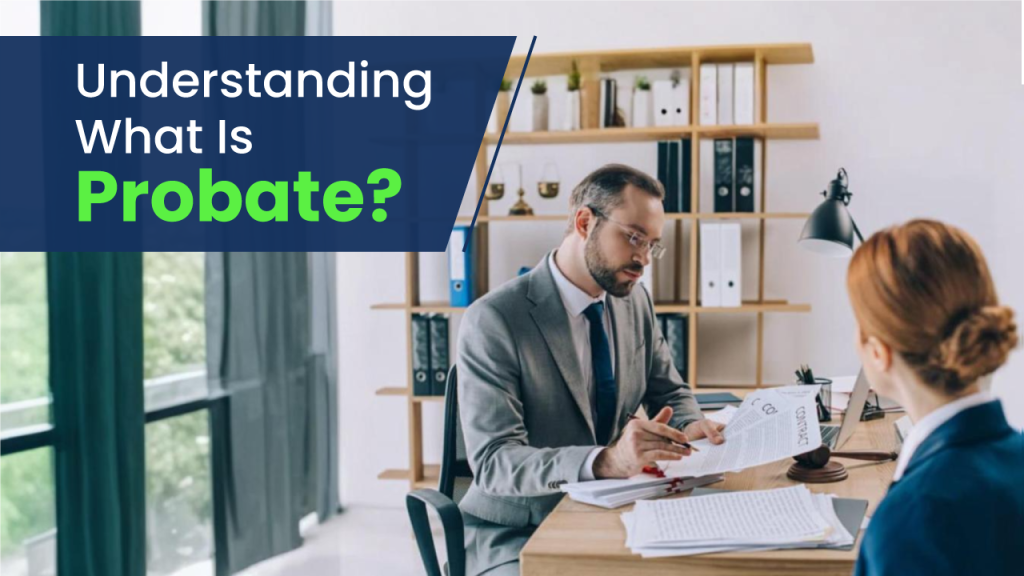
Before learning the process of selling a house in probate, it’s essential to understand what probate is. So probate is the legal process by which a deceased person’s estate is supervised. This includes settling debts, paying taxes, and distributing the remaining assets, such as real estate, to legal heirs or beneficiaries.
Probate is generally required when someone dies with all the assets that were solely in their name or without a living joint owner or designated beneficiary. It’s not usually needed for assets that have listed named beneficiaries, such as life insurance policies or retirement accounts, or jointly-owned assets like a home.
Keynote to remember: During probate, a house cannot be sold until certain legal conditions are met.
Types of Probate You must know about:
- Formal Probate – A more complex, court-supervised process involving larger estates with disputes or debts.
- Informal Probate – A simplified process for smaller estates or cases with no disputes.
- Summary Probate – Available in certain states for very small estates, this is an expedited process.
Can You Sell a House During Probate?
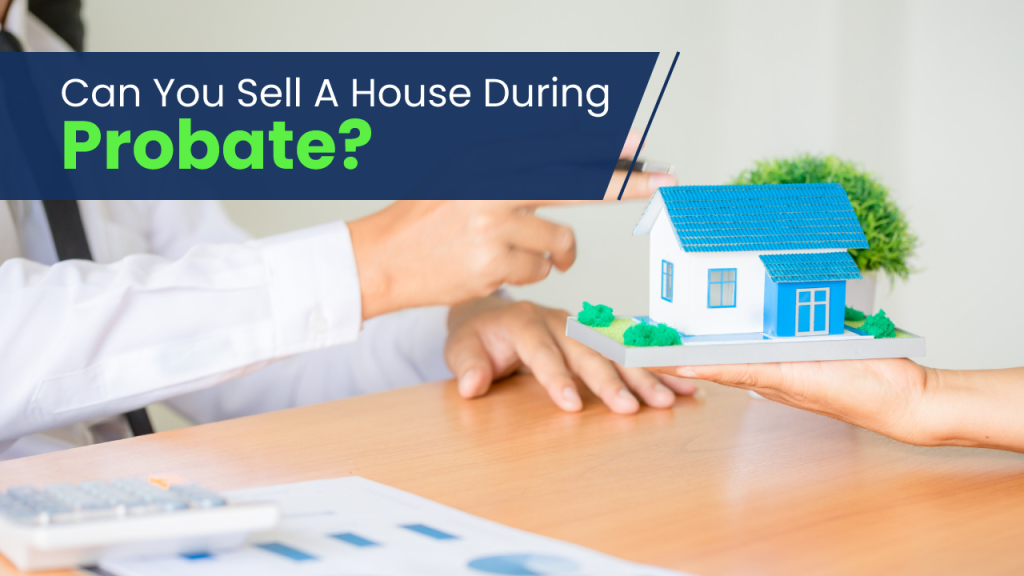
Yes, you can sell a house on probate, but you will need the court’s final approval to do so. The executor or administrator of the estate is mainly responsible for managing the sale of assets, including real estate. This often involves various steps that will help you make sure the sale is in compliance with state probate laws.
Below are basic Steps for Selling a House in Probate :
1. Getting an Appointment of the Executor/Administrator
Before any real estate can be sold, the court must officially appoint an executor (named in the will) or an administrator (if there is no will). This person will manage the estate’s assets and oversee the sale.
2. Valuing the Property correctly
A formal property appraisal is often required to establish the market value of the home. This helps ensure that the property is not sold below its fair market value and that all beneficiaries receive their rightful share.
3. Obtaining Court Approval
In most states, you cannot sell a house in probate without court approval. The executor or administrator must file a petition with the probate court to get permission for the sale. This process includes notifying all heirs, who may object to the sale if they have any concerns.
4. Marketing the Property
Once approval is granted, the executor can begin marketing the property. While selling a house in probate, you may want to hire a real estate agent experienced in probate sales. The property will usually be listed for sale to ensure fair market value is obtained.
5. Accepting an Offer
After receiving various offers, the executor must return to the court for confirmation. This step ensures that the property is being sold for a fair market price and protects the interests of all beneficiaries.
6. Closing the Sale
Once the court gives approval on the accepted offer, the probate house sale can be closed fast. The profits and money collected from the sale will be used to pay off any remaining debts of the estate before being finally distributed to the beneficiaries.
To sell a house that is in probate one can always get in touch with the cash house buyers who most of the time do offer a fast buying process in these cases.
What Happens to the Money Received from a Probate Sale?
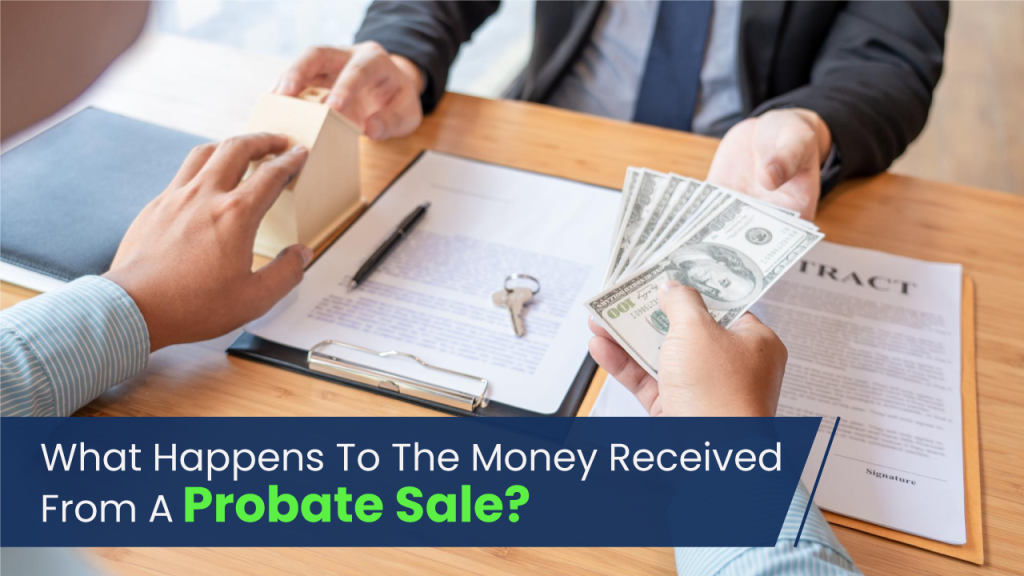
The money received from a probate sale is first used to pay off any outstanding debts, such as mortgages, loans, or taxes owed by the deceased. Next, the estate covers legal fees, executor or administrator compensation, and any administrative costs, including real estate agent commissions.
Once all debts and expenses are paid and settled, the remaining funds are distributed to the beneficiaries according to the will. If there is no will, the funds are distributed based on state intestacy laws. In some cases, a portion of the proceeds may be set aside to handle any future claims or unexpected liabilities that could arise during the probate process.
This process ensures that the estate’s obligations are settled before any assets are distributed to the heirs, protecting both creditors and beneficiaries.
Major Challenges of Selling a House in Probate
Below are the set of challenges that you can face while selling a house in Probate :
Too Much Time Due to Court Supervision
Selling a house in probate is often more time-consuming because of the need for court approvals at various stages.
Heir Disagreements
If heirs disagree on whether or not to sell the property, this could lead to delays in the process.
Payment of Legal Fees
Legal fees related to probate can also cut into the estate’s value, meaning the beneficiaries may receive less after the sale.
How Long Does It Take to Sell a House in Probate?
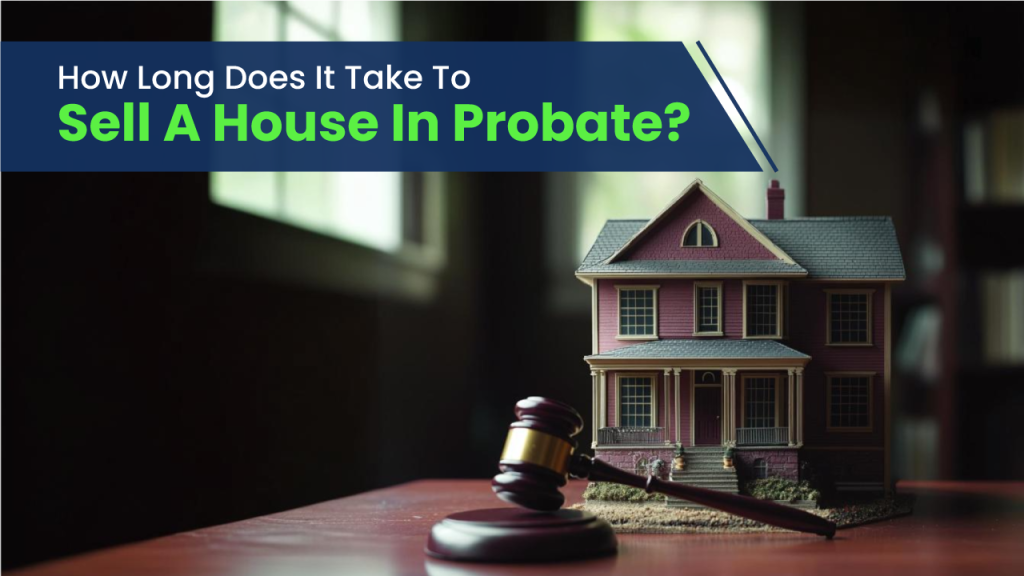
Working as a Houston House buyers company for so many years, what we have experienced and seen is that selling a house in probate typically takes several months to over a year, depending on various factors. The probate process involves legal and administrative steps, including obtaining court approval, settling debts, and ensuring all heirs are notified. On average, it can take 6 to 12 months, but complex estates or disputes among beneficiaries can extend the timeline.
Factors Influencing the Timeline:
- Court Delays: Probate court proceedings can take time, especially in busy jurisdictions.
- Legal and Administrative Processes: Appointing an executor, property appraisal, and obtaining necessary approvals can add months.
- Market Conditions: Real estate market conditions may also impact how quickly a property is sold.
- Heir Disagreements: If heirs contest the sale or disagree over the estate, it can prolong the process.
Patience and proper legal guidance are key when selling a house in probate.
Conclusion
Selling a house in probate is possible but requires following legal procedures and obtaining court approvals. By understanding the basics of the probate process and taking all the necessary steps, you can successfully sell the property while ensuring that all legal requirements are met. Whether you’re an executor or an heir, staying informed and well-prepared will help make the process smoother.
You can also check out our guide on the best time to sell a house in houston.
FAQs on selling a house on probate
1. Can you sell a house before probate is granted?
No, in most cases, you cannot sell a house before probate is granted. The executor must have legal authority to manage and sell the property, which is given only after probate is opened.
2. How long does probate take to sell a house?
On average, selling a house in probate can take six months to over a year, depending on the complexity of the estate and any challenges that arise.
3. Do you need probate to sell a house with a mortgage?
Yes, probate is still required to sell a house with a mortgage. The mortgage must be paid off from the proceeds of the sale, and the court needs to approve the transaction.
















